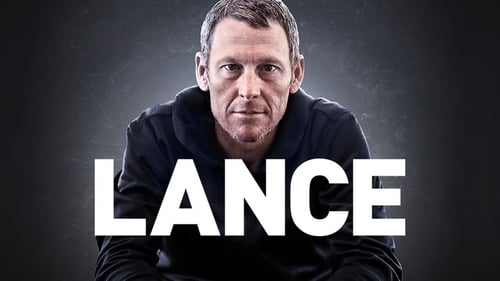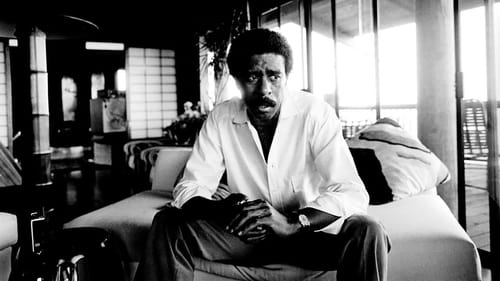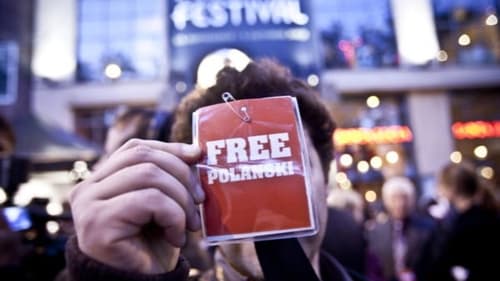
Producer
A personal examination of the rise and fall of Lance Armstrong.

Story Consultant
The Beatles stormed through Europe's music scene in 1963, and, in 1964, they conquered America. Their groundbreaking world tours changed global youth culture forever and, arguably, invented mass entertainment as we know it today. All the while, the group were composing and recording a series of extraordinarily successful singles and albums. However the relentless pressure of such unprecedented fame, that in 1966 became uncontrollable turmoil, led to the decision to stop touring. In the ensuing years The Beatles were then free to focus on a series of albums that changed the face of recorded music.

Screenplay
The Beatles stormed through Europe's music scene in 1963, and, in 1964, they conquered America. Their groundbreaking world tours changed global youth culture forever and, arguably, invented mass entertainment as we know it today. All the while, the group were composing and recording a series of extraordinarily successful singles and albums. However the relentless pressure of such unprecedented fame, that in 1966 became uncontrollable turmoil, led to the decision to stop touring. In the ensuing years The Beatles were then free to focus on a series of albums that changed the face of recorded music.

Writer
Two American filmmakers travel undercover in China and Tibet during one of the most precarious times in the country's recent history. Their journey begins in hot-bed areas of Tibetan activism in India and Nepal, before continuing into the most closed off regions of Tibet, during the full scale media blackout that began in 2008 and continues to this day. Their goal is to meet with leading Tibetan activists who are risking their lives to peacefully protest against oppression by the Chinese government's police state in a region kept "in the dark". Traveling undercover, a dangerous cat-and-mouse game unfolds as secret police maintain 24 hour surveillance of the filmmakers. Unable to document their intended subjects, they are forced to turn the cameras on themselves as they become the targets. All their moves are followed, leading to hotel break-ins, equipment theft, and cyber-hacking and spying - ultimately putting the filmmakers' very lives in danger. Forced to flee and return to the US.

Consulting Producer
Mike Epps, Richard Pryor Jr. and others recount the culture-defining influence of Richard Pryor - one of America's most brilliant, iconic comic minds.

Writer
Mike Epps, Richard Pryor Jr. and others recount the culture-defining influence of Richard Pryor - one of America's most brilliant, iconic comic minds.

Writer
A follow-up to the 2008 documentary "Roman Polanski: Wanted And Desired", focusing on the filmmaker's successful battle to avoid extradition in to the U.S. in 2010.

Writer
A sequel to 2006's Who Killed the Electric Car?, director Chris Paine once again looks at electric vehicles. Where in the last film electric cars were dismissed as uneconomical and unreliable, and were under multiple attacks from government, the auto industry, and from energy companies who didn't want them to succeed, this film chronicles, in the light of new changes in technology, the world economy, and the auto industry itself, the race - from both major car companies like Ford and Nissan, and from new rising upstarts like Tesla - to bring a practical consumer EV to market.






